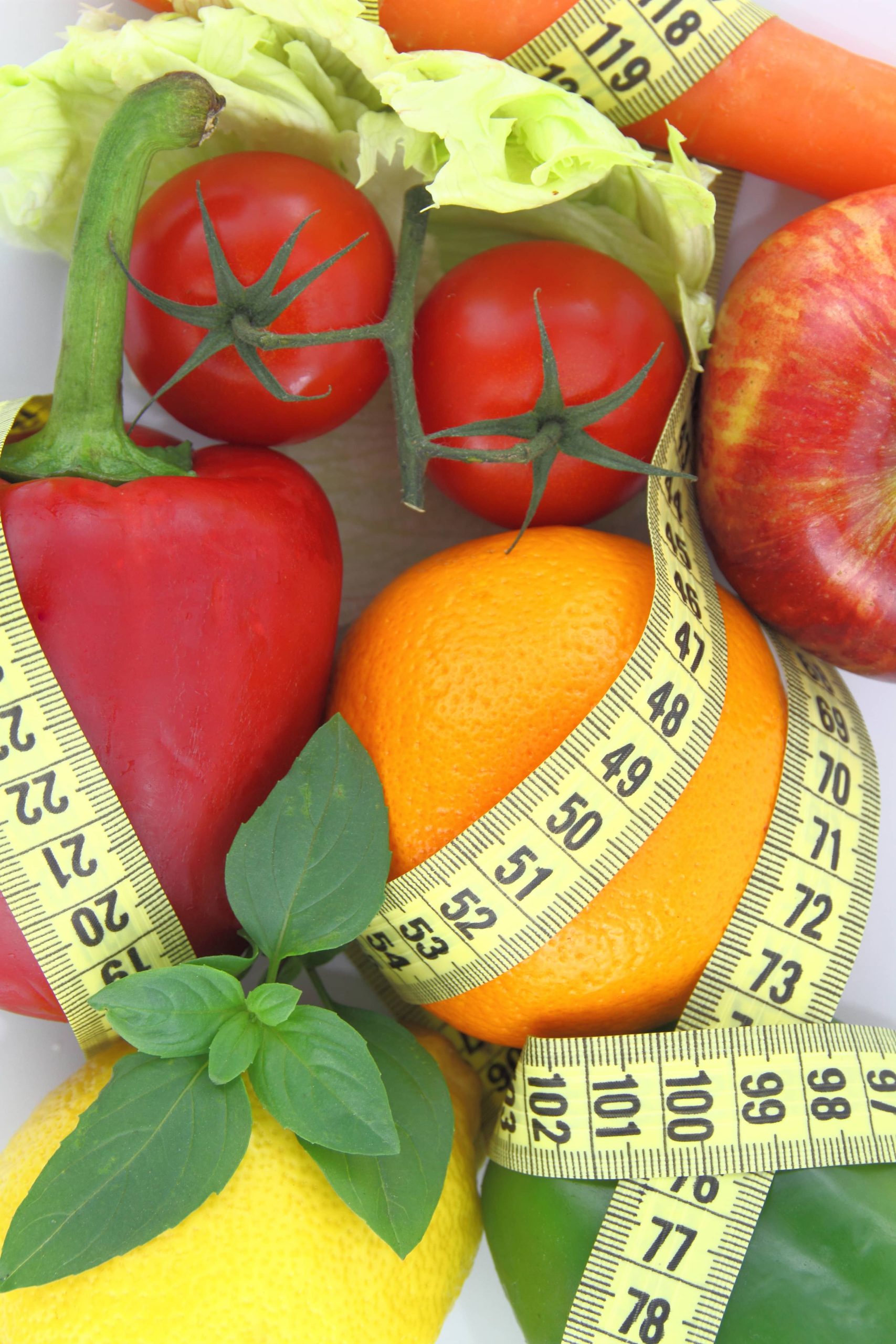
In the intricate world of weight loss, where diets and fitness routines dominate discussions, hydration often occupies a secondary, overlooked position. However, those aiming for sustainable weight loss should not underestimate the importance of water and its profound impact on health and weight management. This vital, zero-calorie nutrient is pivotal in optimizing body function and supporting weight loss.
The Science Behind Hydration
Firstly, let’s explore the physiological aspects. Our bodies comprise approximately 60% water, which plays a significant role in nearly every bodily function. Water is essential for digestion, circulation, absorption, and even temperature regulation. It acts as a solvent for nutrients and minerals, making them accessible to the body and facilitating chemical reactions crucial for energy production and metabolism—a key area of interest for those focusing on weight loss.
Suppressing Appetite and Calorie Intake
One of the most direct ways hydration aids in weight loss is by naturally reducing appetite. Often, people confuse thirst with hunger, leading to unnecessary calorie intake. Drinking a glass of water before meals can increase feelings of fullness, leading to reduced calorie consumption during meals. In a study published in the journal “Obesity,” participants who drank 500 ml of water before each meal showed a greater reduction in weight compared to those who did not.
Boosting Metabolism
Beyond appetite regulation, hydration directly influences metabolic rate. Metabolism refers to the body’s ability to convert food into energy. Water is a catalyst for calorie burning; studies suggest that drinking 500 ml of water can temporarily boost metabolism by 24-30% for up to an hour. This increase in metabolic rate translates to more calories burned, assisting in weight loss efforts without any additional physical activity.
Enhancing Exercise Performance
Exercise is a cornerstone of effective weight loss, and hydration plays a critical role here too. Proper hydration maintains balance in the body, ensuring that muscles receive sufficient nutrients and oxygen during a workout. When dehydrated, exercise becomes laborious, and fatigue sets in more quickly. This leads to reduced exercise performance and less effective workouts. Staying adequately hydrated can enhance endurance, reduce fatigue, and allow for more efficient, intense workouts, making each gym session more beneficial to weight loss goals.
Detoxification and Waste Removal
Water is indispensable for kidney function, allowing these vital organs to filter and expel waste effectively. A well-hydrated body ensures efficient toxin elimination, an often-overlooked aspect of weight management. Accumulation of toxins and waste in the body can interfere with metabolism and overall health. By drinking enough fluids, you aid your kidneys in their detoxification processes, keeping the body’s internal systems clean and running smoothly.
Choosing Hydration Wisely
While water is the best choice for staying hydrated, it’s not the only option. Herbal teas and water-rich fruits and vegetables like cucumber, watermelon, and oranges can contribute to your daily fluid intake. However, be cautious with beverages high in sugar and calories, such as sodas and some types of flavored drinks. These can counteract your weight-loss efforts due to their high caloric content.
Practical Tips for Staying Hydrated
For many, remembering to drink enough water throughout the day can be challenging. Here are some practical strategies to help ensure adequate hydration:
1. Set a Schedule: Begin your day with a glass of water and aim to drink regularly throughout the day. Setting reminders on your phone can also be helpful.
2. Carry a Water Bottle: Having water readily available increases the likelihood of drinking throughout the day. Invest in a durable, reusable water bottle that you can refill.
3. Infuse with Flavor: If plain water doesn’t appeal to you, try infusing it with slices of citrus fruits, berries, or herbs like mint. This can enhance the taste and provide additional, subtle health benefits.
4. Eat Water-Rich Foods: Incorporate more fruits and vegetables with high water content into your meals. This not only aids hydration but also provides essential vitamins and minerals.
5. Track Your Intake: There are numerous apps available that can help track your daily water consumption, ensuring you meet your hydration goals.
Recognizing Dehydration Signs
Understanding and recognizing the signs of dehydration is crucial. Common symptoms include headaches, dizziness, dark urine, dry skin, and fatigue. Being alert to these signs enables you to take proactive steps to rectify the situation.
Conclusion: Make Hydration a Priority
Hydration is much more than a health buzzword; it is a fundamental aspect of successful, sustainable weight loss. By optimizing metabolism, reducing unnecessary calorie consumption, enhancing physical performance, and aiding in detoxification, proper hydration supports all facets of the weight loss journey. Prioritizing your water intake not only bolsters your weight loss efforts but also improves overall well-being, energy levels, and health. Next time you embark on improving your health, remember to focus on hydration—it’s more than just quenching your thirst.
